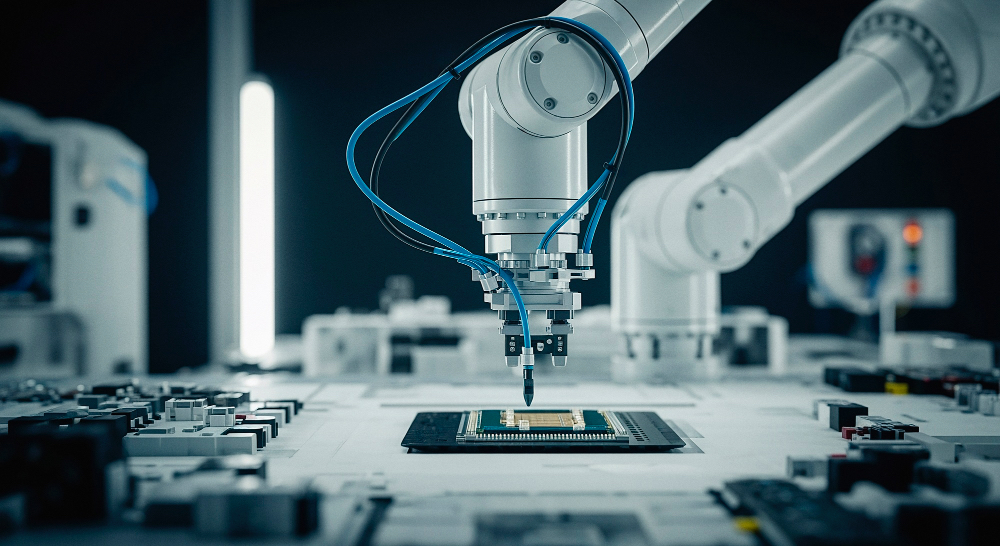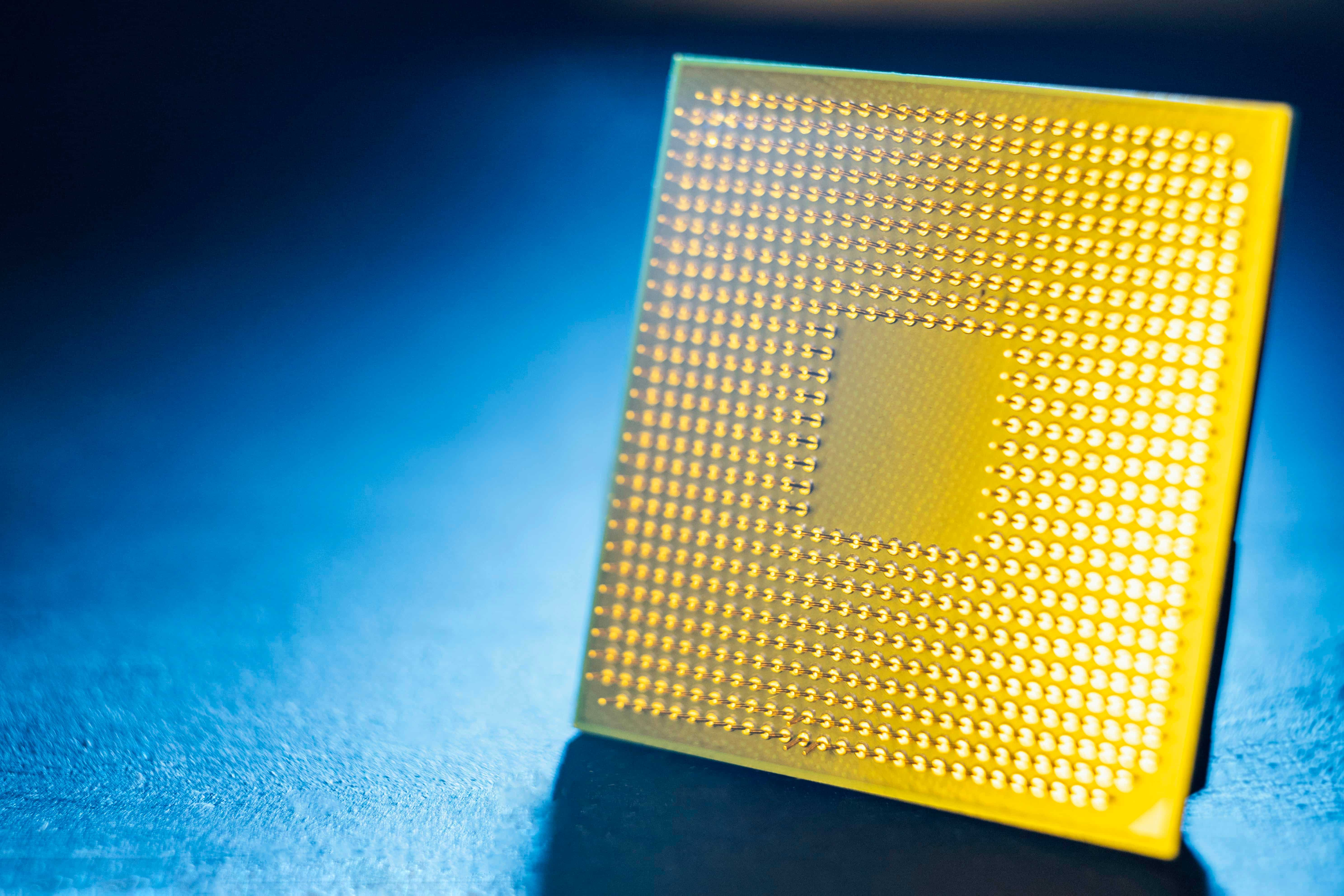The European Commission has approved €623 million in German support for two first-of-a-kind semiconductor factories in Dresden and Erfurt.
A funding that will help GlobalFoundries expand its site to create new wafer capacity and will assist X-FAB in building an open foundry designed for advanced micro-electromechanical systems.
Both projects aim to increase Europe’s strategic autonomy in chip production, rather than allowing dependence on non-European suppliers to deepen.
The facility planned by GlobalFoundries will adapt technologies developed under the IPCEI Microelectronics and Communication Technologies framework for dual-use needs in aerospace, defence and critical infrastructure.
The manufacturing process will take place entirely within the EU to meet strict security and reliability demands. X-FAB’s project will offer services that European firms, including start-ups and small companies, currently source from abroad.
A new plant that is expected to begin commercial operation by 2029 and will introduce manufacturing capabilities not yet available in Europe.
In return for public support, both companies will pursue innovation programmes, strengthen cross-border cooperation, and apply priority-rated orders during supply shortages, in line with the European Chips Act.
They will also develop training schemes to expand the pool of skilled workers, rather than relying on the limited existing capacity. Each company has committed to seeking recognition for its facilities as Open EU Foundries.
The Commission concluded that the aid packages comply with the EU State aid rules because they encourage essential economic activity, show apparent incentive effects and remain proportionate to funding gaps identified during assessment.
These measures form part of Europe’s broader shift toward a more resilient semiconductor ecosystem and follow earlier decisions supporting similar investments across member states.
Would you like to learn more about AI, tech and digital diplomacy? If so, ask our Diplo chatbot!







